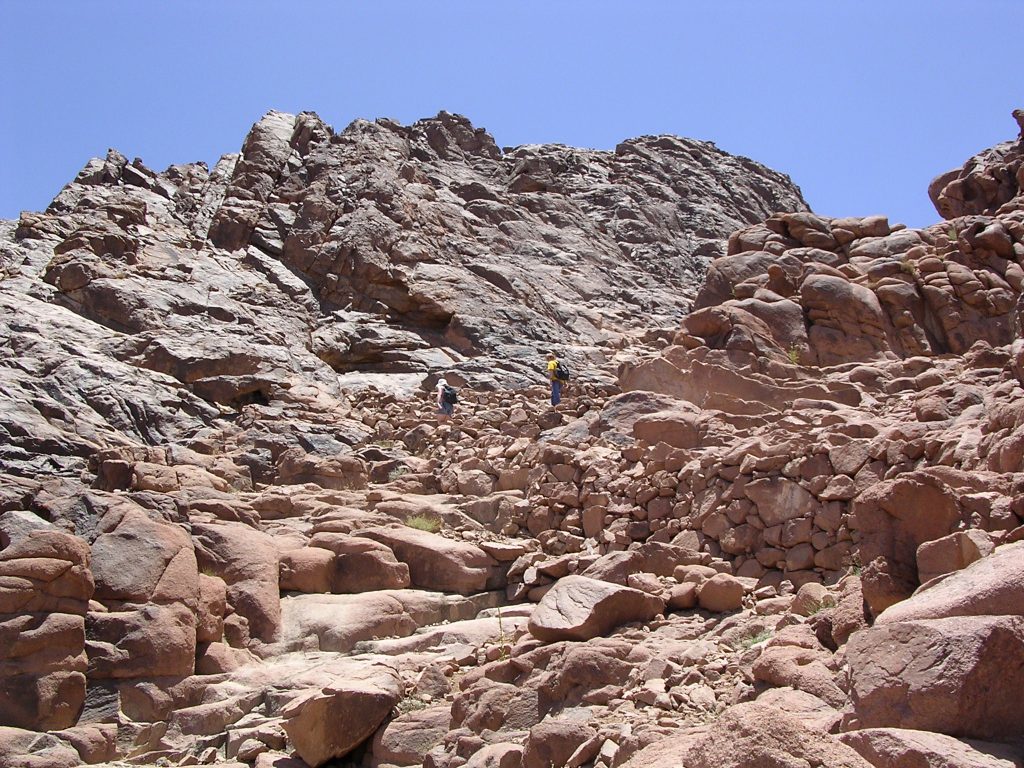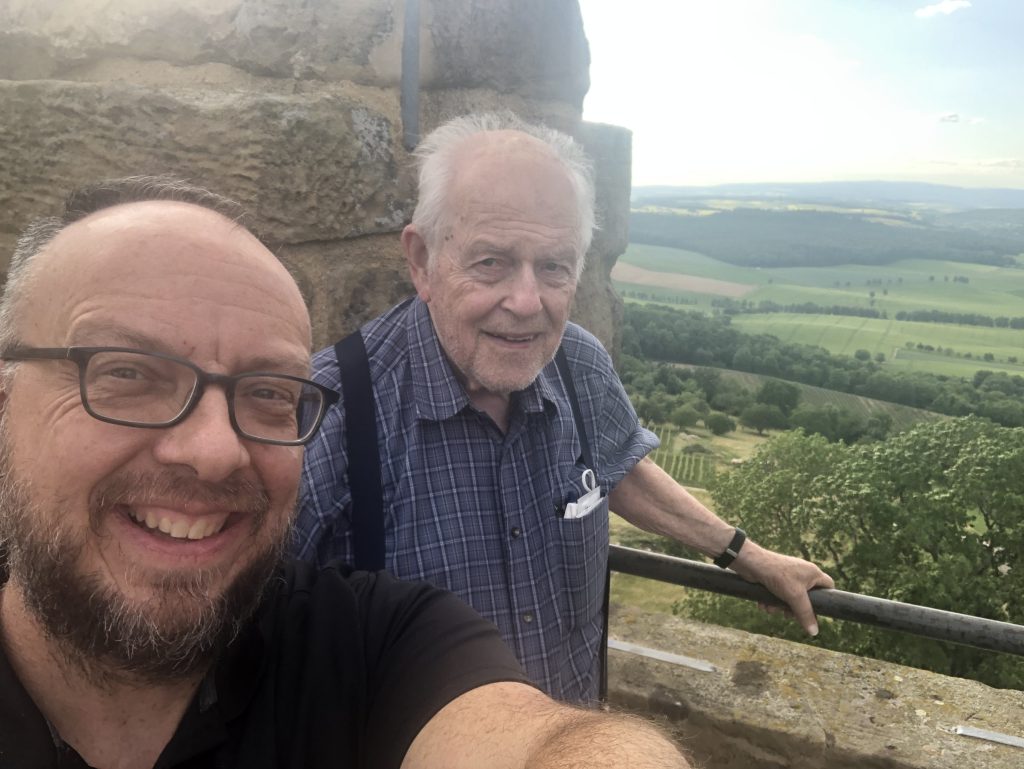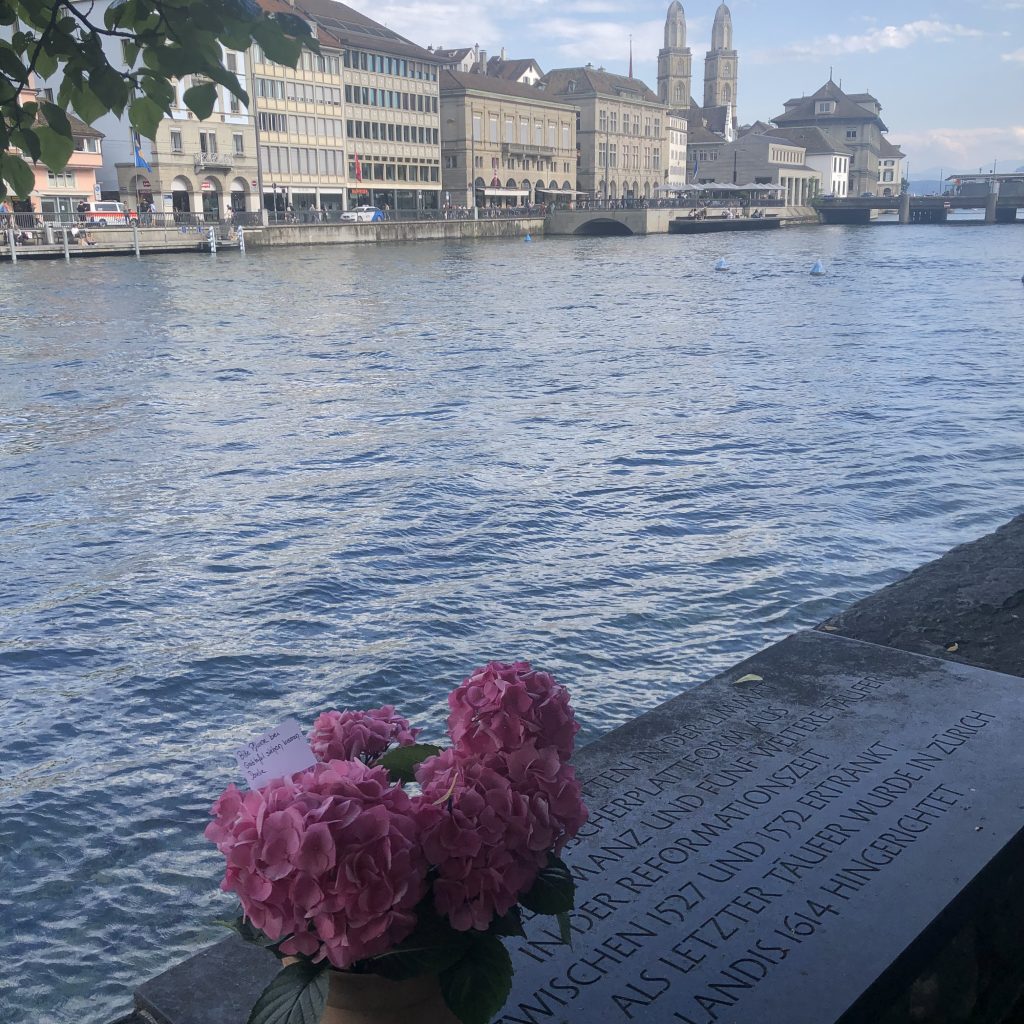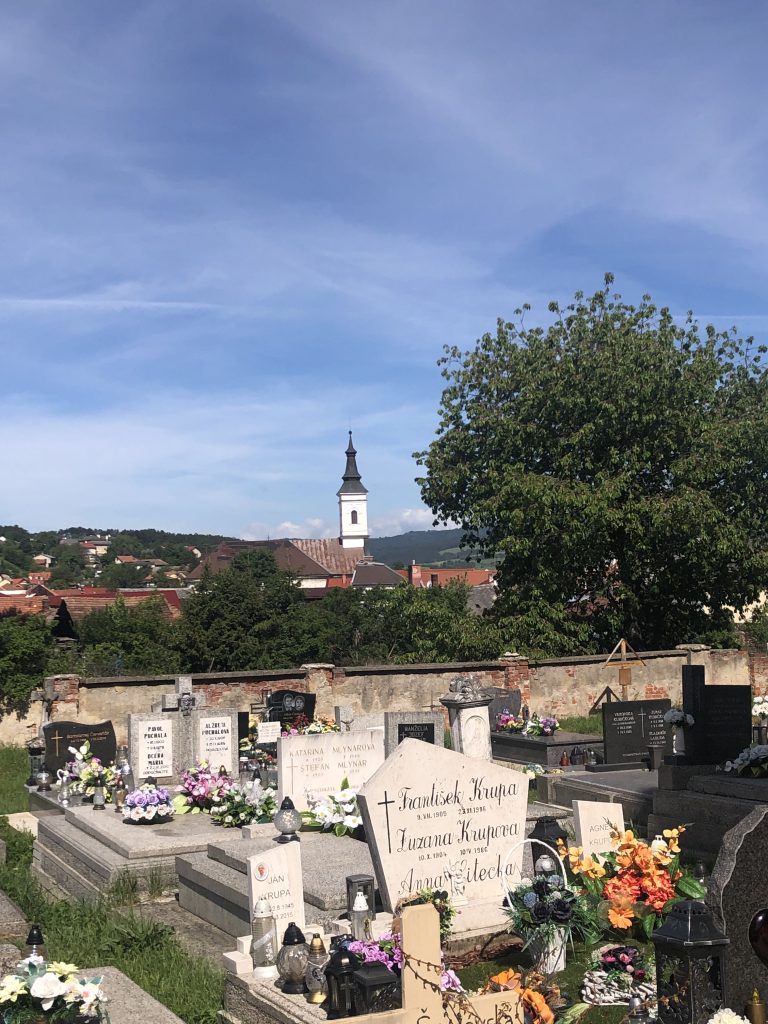by Stephen Kriss
A few weeks ago, my blood pressure reading was high at the beginning of my doctor’s visit. The provider said, “We’re going to take it again after you settle into the office.” Toward the end of the appointment, she told me to take a few deep breaths and repeated the reading. It was down significantly.
The next thing for us as Mosaic is to take a deep breath. The past months have been intense for many of us. While there’s a sense of urgency around us, I hope our leaders, board, staff, and delegates can lean into a peaceable Thanksgiving, Advent, and Christmas season. Our church and sociopolitical landscape have been overwhelming for many of us, and I hope we can rest in the Advent themes of watching and waiting, hope and joy.
The board’s recommendation on affiliation was a both/and statement. It recommended discontinuing our membership with Mennonite Church USA (MC USA) and moving toward healthy, mutual partnerships. Orienting toward health and mutuality requires that we begin to process our collective anxiety and grief.
For Mosaic’s congregations that wish to maintain formal membership in Mennonite Church USA, we’ve begun initial conversations with Allegheny and New York Conferences about ways to do that. Dual affiliation will require extra energy—holding onto Mosaic while connecting with another conference—but it is possible.
Just as we offered lovingkindness several years ago to congregations that wished to detach from MC USA, we will offer the same gesture of navigating to those who desire to remain connected. If the MC USA structure allowed congregations to directly affiliate with MC USA, we would be open to that arrangement too. At this point, it does not.
Mosaic will need to continue to invest in building relationships across differences. Our conference is full of all sorts of diversity. Our centering document provides a foundation for commonality amid our unique Anabaptist expressions. It is the way forward that also hearkens back to some of the earliest shared Anabaptist practices (like some of those that Stuart Murray Williams highlights in The New Anabaptists).
Our ongoing work includes living out our commitment to being an intercultural community, creating space for every form of diversity to be brought into the kin-dom of God toward transformation and flourishing.
Practically speaking, we will begin conversations in the new year around membership with Mennonite World Conference. This process will likely include some mediation with Mennonite Church USA (if they agree), and discernment to find our place at the global Anabaptist table. This will require patience and intentionality—we cannot barge our way in. In the meantime, we’ll work to strengthen relationships with other conferences and Anabaptist expressions to broaden our connections.
For credentialed leaders, your credentials are already held by Mosaic. The Corinthian Plan remains in place for those enrolled. While MC USA-appointed board and committee terms will end this month, our board and committee work with Mennonite Central Committee, Everence, Anabaptist Mennonite Biblical Seminary, Goshen College and Eastern Mennonite University remain unchanged. We are working our way toward how we will partner with MennoMedia and Mennonite Mission Network.
Amid these changes, we will honor the Spirit’s work in us by celebrating what is good amid what is hard. I’m grateful for the new congregations that joined us this fall. We rejoice in the new leaders that have been called and sent to our Mosaic communities. We celebrate the gathered time at Souderton (PA) Mennonite, where our diversity becomes real life for a day in all its complexity and wonder.
Paul reminds us in the first letter to the church at Corinth that the Spirit brings life—and that the Spirit is also breath. To my siblings in Mosaic: for now, let us breathe deeply, embrace the Spirit around us, within us, and within those different from us. Let us move toward God’s dream for us all, though we are broken and beautiful.
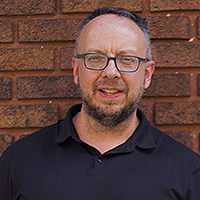
Stephen Kriss
Stephen Kriss is the Executive Minister of Mosaic Conference.
Mosaic values two-way communication and encourages our constituents to respond with feedback, questions, or encouragement. To share your thoughts with Stephen Kriss, contact him at skriss@mosaicmennonites.org.


